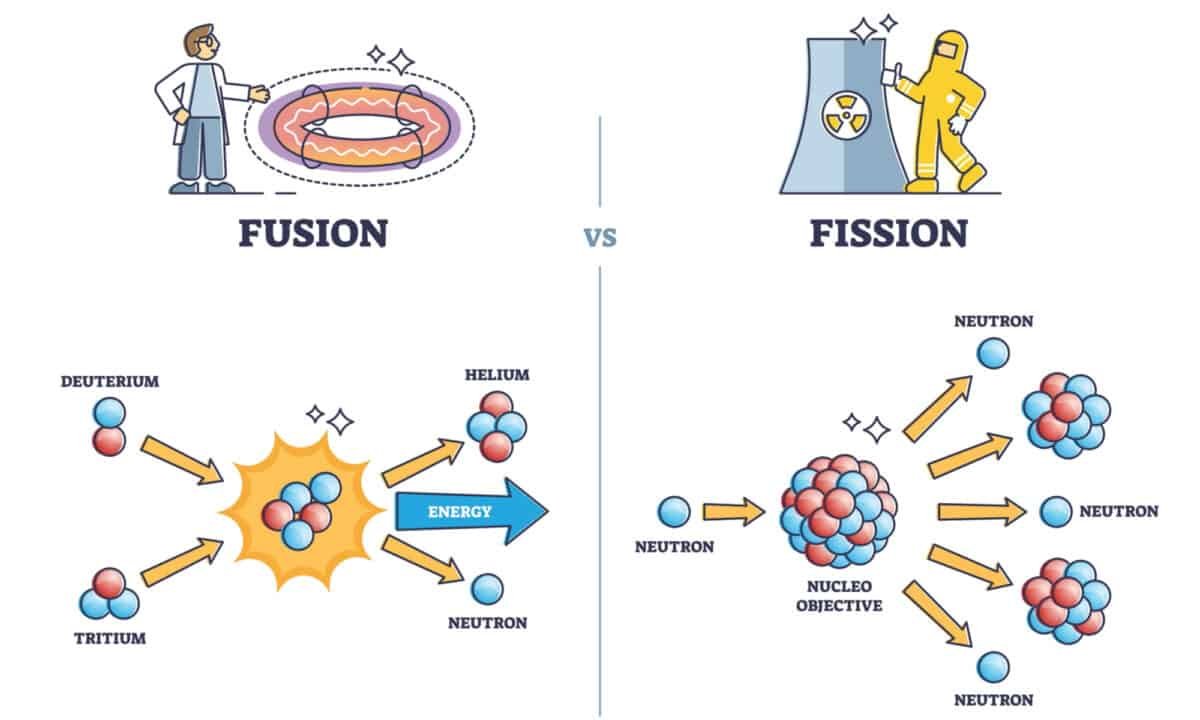Greece, although it does not have nuclear reactors for energy production, is surrounded by countries that have developed such infrastructure. Developments in the nuclear energy sector in neighboring countries raise important questions about safety, environmental protection and preparedness in the event of an accident.
Which countries have nuclear reactors near the Greek border?
-
Bulgaria: The Kozloduy Nuclear Power Plant is located in northern Bulgaria, relatively close to the border with Greece. It has two active reactors and is a significant source of energy for the country.
-
Romania: Although not a direct neighbor, the Cernavoda station is another important nuclear facility in the Balkan region.
-
Turkey: The Akkuyu nuclear power plant, which is being built with Russian technology, is located on the southern coast of Turkey and is expected to be operational soon.
-
Serbia & FYROM: These countries do not have active nuclear reactors but host old nuclear research laboratories.
-
Hungary and Slovenia: Countries within the wider Central European region, with active stations located within a relatively close radius of the Greek borders.
| Country | Station Name | Distance from Greece | Reactor Type | Situation |
|---|---|---|---|---|
| Bulgaria | Kozloduy | ~300 km | VVER (Russian technology) | Active |
| Romania | Chernavoda | ~500 km | CANDU (Canadian) | Active |
| Turkey | Akkuyu | ~600 km | VVER-1200 | Under construction |
| Hungary | Paks | ~800 km | VVER | Active |
| Slovenia | Krsko | ~900 km | PWR (Western technology) | Active |
What are the main risks for Greece?
-
Radiation in the event of an accident: The transport of radioactive particles through the atmosphere can reach Greek territory, as happened with Chernobyl in 1986.
-
Mechanical or physical errors: Seismic vibrations, human errors or technical failures can lead to serious accidents.
-
Environmental burden: In case of leakage, water resources, agricultural production and fauna may be contaminated.
-
Lack of coordinated response plans: Cross-border cooperation for emergencies is still limited, increasing the risk of mismanagement.
Greece's stance
Greece supports the development of renewable energy sources and has repeatedly expressed reservations about the safety of nuclear facilities in neighboring countries. At the same time, it participates in international organizations for the monitoring and prevention of nuclear accidents.
What can be done for protection?
-
Strengthening transnational cooperation for information exchange and crisis preparedness.
-
Modern radioactivity measurements in sensitive areas of the country.
-
Informing the population for protective measures in case of a radioactive leak.
-
Pressure at European level for stricter controls and adherence to high safety standards.
Conclusion
Nuclear reactors in Greece's neighboring countries are a reality that cannot be ignored. Although Greece has chosen a different energy strategy, its geographical location makes it vulnerable to potential risks. Maintaining a high level of surveillance, information and diplomatic pressure is essential to protect public health and environmental safety.



